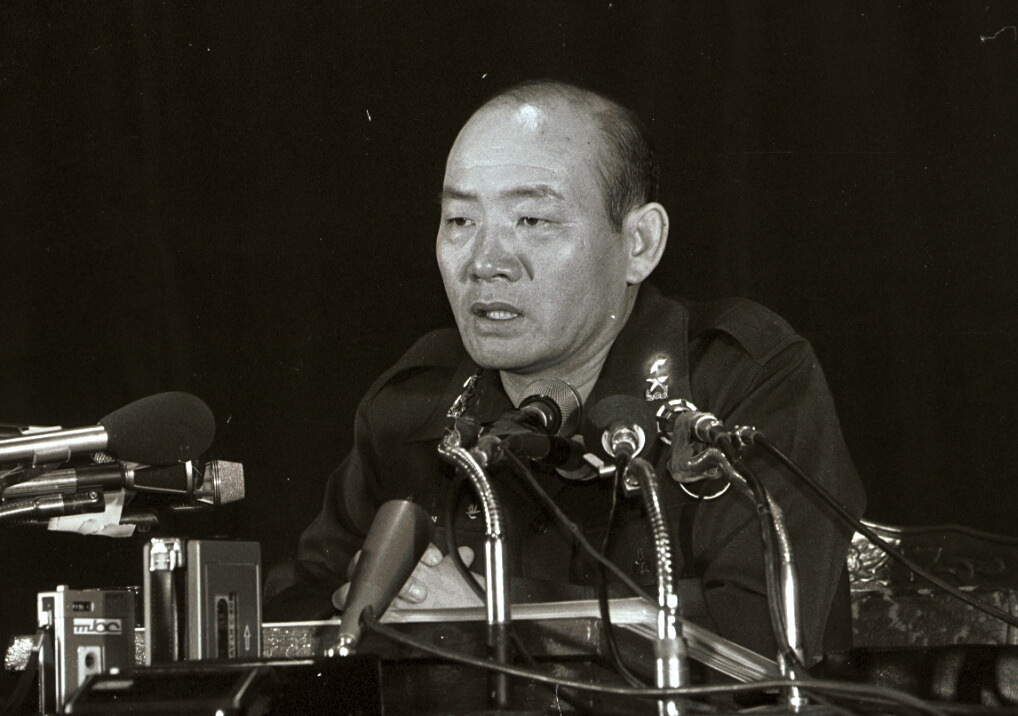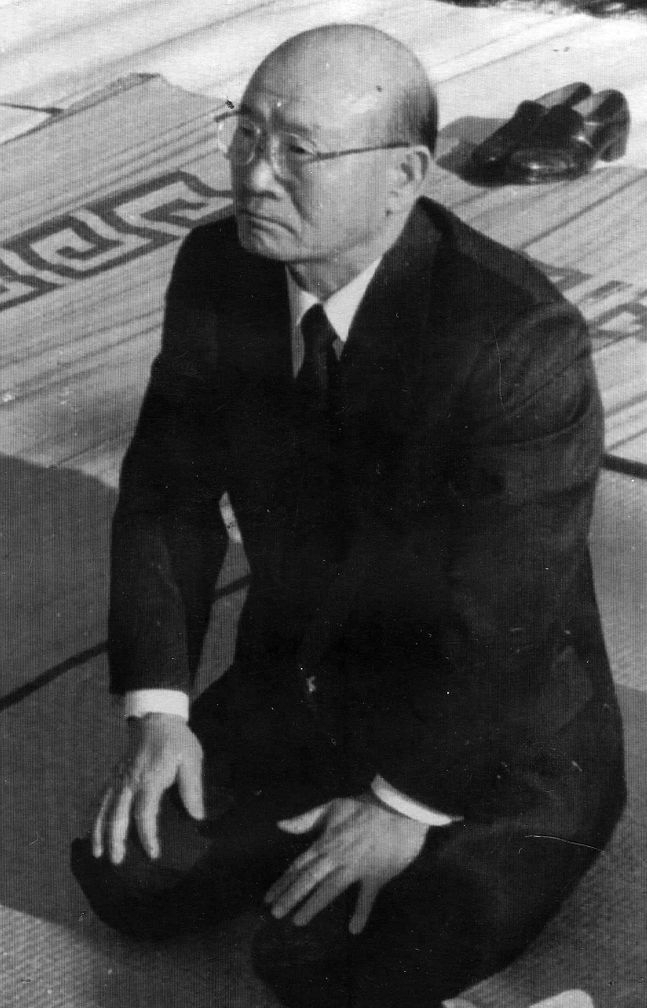
The mystery of what happened to the bribes taken by late President Chun Doo-hwan have re-entered the spotlight after his grandson, Chun Woo-won, an accountant based in New York, made headlines last week by alleging that his family was living off the illicit funds.
Chun was an Army general who seized power in a coup and led Korea as a dictator from 1980 to 1988. He was responsible for authorizing a massacre of demonstrators during the Gwangju Democratic Uprising before making himself president.
Years after he stepped down from the presidency, the public learned that he also accrued massive assets through bribery during and after his tenure.
In 1996, Chun was convicted of treason, murder and taking bribes. He was initially sentenced to death, but the Supreme Court later commuted him to a life sentence and ordered Chun to pay 220.5 billion won ($168 million) in fines and forfeitures.
The prosecution found in the same year that Chun had concealed some 6.1 billion won of cash in 25 apple boxes, in a storage facility owned by a shell corporation. The money was later confiscated. It was also revealed that 42 companies, including Samsung, Hyundai and Daewoo Group -- had paid him more than 200 billion won in bribes.
But as of 1997, Chun had only paid 92.9 billion, or 43 percent of the total he was ordered to pay.
He claimed that he had only 290,000 won to his name -- a remark heavily derided, especially after he was seen golfing with his aides at an expensive club shortly before his death.
In 2003, Chun’s Yeonhui-dong residence, listed under his wife’s name, went under the hammer as a means to collect his fines, but it was Chun’s brother-in-law who purchased the house.
Prosecutors later increased efforts to look into hidden assets laundered via shell corporations and acquaintances’ accounts. In July 2013, Seoul Central District Prosecutors’ Office launched a special investigation team before the statute of limitations expired that October.
However, a local court ruled in November 2020 to partially bar the prosecution from putting the house up for auction, explaining that it can’t be verified as having been purchased with illegal funds.

Chun died in 2021, and his family was cannot be held liable for the forfeiture because, unlike debt, it cannot legally be inherited.
South Korean prosecutors said Wednesday that they were reviewing allegations surrounding Chun’s illegally obtained money, after his grandson's expose of his family enjoying lives of luxury once again put the unpaid fines at the center of public debate. Currently, the case has been allotted to the Criminal Proceeds Recovery Department to see if the claims raised by Woo-won constitute a criminal allegation.
Although prosecutors are taking steps to retrieve Chun’s proceeds of crime, legal professionals say it’s unlikely, because finding the link to concealed assets seems nearly impossible.
“The validity of (Woo-won’s) claims regarding Chun’s slush funds are just claims made by the grandson as of now, so the prosecution needs to find evidence and proof that could back allegations raised by him,” Jeong Woong-seok, a law professor at Seokyeong University and a chairman of the Korean Society of Criminal Procedure Law, told The Korea Herald.
Jeong added that reviewing allegations doesn’t mean prosecutors would confiscate Chun’s black money, nor does it give them the power to do so.
“The prosecution is just trying to look into whether or not (Chun’s) fortune in bribes actually exists. If they knew it did, they would’ve seized everything years ago." he said. "There are difficulties in tracing every monetary transaction of Chun’s since most of the money had been sent to a third party."





![[Graphic News] More Koreans say they plan long-distance trips this year](http://res.heraldm.com/phpwas/restmb_idxmake.php?idx=645&simg=/content/image/2024/04/17/20240417050828_0.gif&u=)